AI in Action: Real-Life Applications for Ghanaian Businesses
Ghana is rapidly emerging as a vibrant hub for technology and innovation. Across sectors—from fintech and agriculture to healthcare and education—local businesses are increasingly leveraging artificial intelligence (AI) to drive growth, improve operational efficiency, and foster economic inclusion. In this blog, we dive deep into the real-life applications of AI in Ghana, examining how companies and public institutions are adopting AI solutions to solve longstanding challenges and unlock new opportunities.
1. The Rise of AI in Ghana
Recent studies and reports show that Ghana’s adoption of AI is accelerating. For instance, the International Trade Administration reports a 28% annual growth in AI adoption among Ghanaian companies since 2017, with AI playing a significant role in sectors such as agriculture and fintech.
Concurrently, media outlets like MyJoyOnline and Graphic Online highlight Ghana’s transformative journey—where AI is not only enhancing productivity but also positioning the country as an emerging market ready for a digital revolution
2. Fintech: Enhancing Financial Inclusion and Security
AI-Driven Fraud Detection and Credit Scoring
Ghana’s burgeoning fintech sector has been at the forefront of AI integration. Companies are using machine learning algorithms to detect and prevent fraud in mobile money transactions, a critical service in a country where digital payments are rapidly replacing traditional banking methods. For example, Indigenous firms like Hubtel have launched AI labs dedicated to developing cutting-edge fraud detection systems that secure financial transactions and protect business revenues
Moreover, AI-powered credit scoring models are being tailored to reflect the unique financial behavior of Ghana’s largely informal economy. These models analyze data from mobile money platforms, enabling lenders to offer more personalized financial products to underserved populations—thereby boosting financial inclusion.
Personalized Customer Interactions
AI chatbots and virtual assistants are transforming customer service in the financial sector. These tools provide 24/7 support, handling routine inquiries, guiding users through transactions, and even offering tailored financial advice. By integrating AI into platforms like MTN Mobile Money and Ghana Commercial Bank’s digital services, businesses can offer faster and more efficient customer service that meets the high expectations of today’s digital consumers (
3. Agriculture: Driving Precision and Productivity
Smart Farming and Crop Management
Agriculture remains the backbone of Ghana’s economy, employing a significant portion of the population. AI is revolutionizing the agricultural landscape by providing farmers with real-time data to optimize crop yields. Startups are developing AI-driven platforms that analyze weather patterns, soil conditions, and pest infestations. These tools help farmers decide the best planting times, optimize water and fertilizer usage, and predict crop diseases before they spread—minimizing losses and increasing productivity.
Enhancing Supply Chain and Market Access
In addition to on-farm applications, AI solutions are enhancing agricultural supply chains. By integrating predictive analytics, farmers can better forecast market prices and manage post-harvest storage. This not only reduces waste but also ensures that farmers secure fair prices for their produce—a crucial factor in rural economic development.
4. Healthcare: Improving Diagnostics and Patient Care
AI-Powered Medical Diagnostics
Ghana’s healthcare sector is also witnessing transformative changes thanks to AI. With a shortage of medical professionals in many rural areas, AI-powered diagnostic tools are bridging the gap. For example, AI systems are being used to analyze chest X-rays for early detection of diseases such as tuberculosis and pneumonia. This capability can lead to faster, more accurate diagnoses, enabling timely treatment and improved patient outcomes.
Telemedicine and Remote Health Services
Beyond diagnostics, AI-enhanced telemedicine platforms are expanding access to healthcare in remote regions. These systems connect patients with specialists, reducing the need for long-distance travel and alleviating the burden on overstretched local clinics. As digital health initiatives grow—bolstered by government partnerships and private investments—Ghana is poised to dramatically improve its healthcare delivery models (
5. Education: Empowering the Next Generation
Personalized Learning Experiences
The integration of AI in education is opening up new avenues for personalized learning in Ghana. AI-driven platforms can assess individual student needs, adapt teaching methods, and provide customized learning resources. This is particularly beneficial in addressing the diverse learning styles found in Ghanaian classrooms, where one-size-fits-all teaching models often leave many students behind.
Bridging the Digital Skills Gap
Initiatives like Ghana Code Club, founded by social entrepreneur Ernestina Edem Appiah, are expanding beyond basic coding to include AI and machine learning in their curricula. These efforts are critical to equipping Ghana’s youth with the skills necessary for future job markets. By fostering a robust ecosystem of digital and AI education, Ghana is building a foundation for long-term technological innovation (
6. Customer Service and Call Centers: Revolutionizing Client Engagement
AI-Powered Call Centers
AI is transforming the way Ghanaian businesses interact with their customers. AI-powered call centers are becoming more common as companies seek to enhance customer satisfaction and operational efficiency. By automating routine tasks such as call routing, quality assurance, and appointment scheduling, these centers reduce employee stress and free up human agents to handle complex issues. The use of chatbots and conversational IVR systems ensures that customers receive prompt and personalized service, even during peak times (
Data-Driven Decision Making
In addition to customer service, AI tools in call centers are leveraging predictive analytics to provide insights into consumer behavior and operational performance. This data-driven approach helps businesses make informed decisions, optimize resource allocation, and continuously improve service quality.
7. Government and Public Sector: Catalyzing Digital Transformation
National AI Strategy and Readiness
Recognizing the potential of AI, the Ghanaian government has developed a National Artificial Intelligence Strategy aimed at transforming society by 2033. This comprehensive roadmap, crafted with support from international partners, outlines key pillars including AI education, digital infrastructure, data governance, and ethical AI use. By implementing these policy recommendations, Ghana seeks to create an enabling environment that accelerates AI adoption across both public and private sectors
Enhancing Public Services
AI applications in governance are also gaining traction. For instance, digital platforms for data collection, predictive analytics for resource allocation, and AI-enhanced public safety systems are being explored to improve service delivery. These initiatives not only enhance efficiency but also promote transparency and accountability in public administration.
8. Emerging Initiatives and the Future of AI in Ghana
Indigenous AI Labs and Startups
Local entrepreneurs are leading the charge in developing AI solutions tailored to Ghana’s unique needs. Hubtel’s establishment of the country’s first indigenous AI lab is a prime example. By focusing on fintech innovation, fraud detection, and revenue optimization, Hubtel is paving the way for homegrown AI applications that address real-world challenges on a commercial scale (
AI in Education and Talent Development
Ghana is also investing in AI research and talent development through initiatives like the African Institute for Mathematical Sciences (AIMS) and AMMI (African Masters of Machine Intelligence). These programs, supported by international experts and local academics, are designed to build a robust pipeline of AI practitioners capable of driving innovation across the continent.
Overcoming the AI Divide
Despite these promising developments, challenges remain. Ghana still faces infrastructural gaps, limited localized data, and a reliance on foreign AI technologies—which can lead to issues like digital colonialism. Strategic investments in local research, data generation, and policy development are essential to bridge the AI divide. By ensuring that AI solutions are African-led and culturally contextualized, Ghana can fully harness the transformative power of AI while safeguarding its national interests
Conclusion
AI is reshaping Ghana’s economy, driving innovation in fintech, agriculture, healthcare, and education. However, leveraging AI’s full potential requires expert guidance. Axxend Corp stands ready to help by providing end-to-end digital transformation solutions—from consultation and cloud migration to Microsoft-based automation and training. With their expertise, Ghanaian businesses can streamline operations, enhance customer engagement, and secure a competitive edge in the global digital economy.

